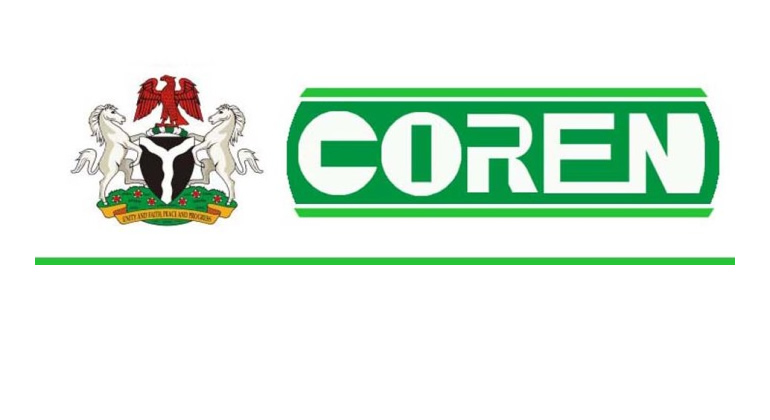The Council for the Regulation of Engineering in Nigeria (COREN) is taking decisive action to address the recurring failures in critical national infrastructure, including the national grid, buildings, and roads. Prof. Sadiq Abubakar, President of COREN, emphasized the urgent need for appropriate and timely sanctions to hold those responsible accountable and deter future incidents. He highlighted the importance of a robust regulatory and legal framework to mitigate these failures, recognizing that engineering plays a vital role in every aspect of Nigerian life, and therefore, safeguarding the lives and property of citizens is paramount. The recurring collapse of the national grid, a critical component of the nation’s infrastructure, underscores the need for thorough investigations and appropriate penalties for those found culpable.
COREN’s proactive approach includes the decentralization of its activities through the establishment of Regional Steering Committees. This strategic move aims to enhance the Council’s responsiveness and effectiveness in enforcing regulations and applying sanctions. The committees will serve as crucial instruments for compliance and enforcement at the regional level, enabling quicker action and more localized oversight. This decentralized structure is expected to improve the Council’s ability to identify and address engineering failures promptly, thereby mitigating their impact on the Nigerian populace. The goal is to create a more robust and responsive regulatory system, ensuring that sanctions and penalties are applied appropriately and in a timely manner.
Prof. Abubakar stressed that the widespread impact of these infrastructure failures necessitates a more proactive and responsive regulatory system. He pointed to the collapse of bridges, the deterioration of the road network, and the failure of dams as critical examples of engineering infrastructure failures that demand immediate attention. He argued that without a regulatory system capable of effectively enforcing standards and holding those responsible accountable, Nigeria will continue to experience these preventable incidents, jeopardizing the safety and well-being of its citizens. The establishment of the Regional Steering Committees represents a significant step towards achieving this objective, providing a more localized and responsive mechanism for oversight and enforcement.
The inauguration of the Lagos Regional Steering Committee, a key component of COREN’s decentralization strategy, signifies a significant commitment to improving engineering regulation in Nigeria’s commercial hub. The event was graced by the presence of Lagos State Governor Babajide Sanwo-Olu, represented by his Deputy, Babafemi Hamzat, who affirmed the state’s commitment to supporting initiatives that promote excellence and innovation in the engineering sector. He recognized the crucial role of competent and ethical engineers in the success of infrastructure projects and industrial goals. The governor’s endorsement underscores the importance of collaboration between government and regulatory bodies like COREN in ensuring that engineering practices in Nigeria meet global standards.
Governor Sanwo-Olu emphasized Lagos State’s commitment to partnering with COREN and other stakeholders to elevate engineering practices to international standards. Recognizing the state’s status as the “Centre of Excellence,” he highlighted the importance of maintaining high standards in the engineering profession to support the state’s ambitious infrastructure projects and industrial development. This collaborative approach demonstrates a shared commitment to upholding professional integrity and ensuring that engineering projects in Lagos and across Nigeria are executed with the highest levels of competence and ethical conduct.
The establishment of the Regional Steering Committees, particularly the one in Lagos, signifies a crucial step towards strengthening engineering regulation and ensuring accountability within the profession. This initiative, coupled with the commitment of both COREN and the Lagos State government, reflects a shared vision of promoting excellence, innovation, and ethical practices in the engineering sector. By working together, these entities aim to create a more robust and responsive regulatory environment that safeguards the lives and property of Nigerians while fostering a culture of professionalism and accountability within the engineering community. This collaborative effort is essential to achieving sustainable development and ensuring the safety and well-being of the Nigerian populace.


